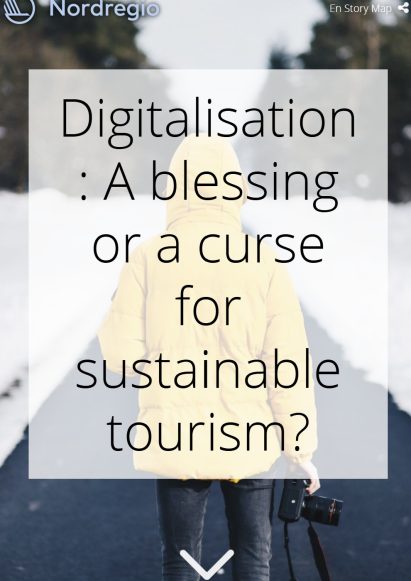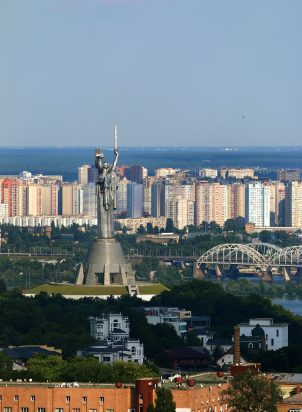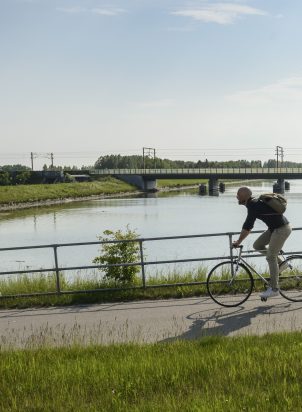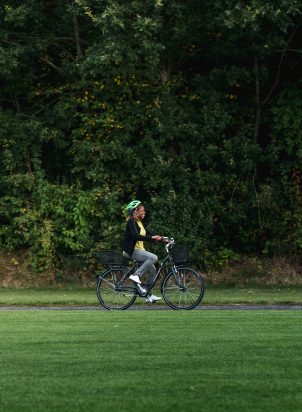Technology has revolutionised the tourism sector. The rise of low-cost airlines and the development of online travel planning platforms have made travel increasingly accessible to the global population. At the same time, social media and other digital platforms have made consumers increasingly important co-producers of tourist products. Despite the apparent benefits for rural communities that these developments create, some challenges arise. Small-scale tourism operators may struggle to keep up with digital developments due to lack of time and money. On a broader scale, the rapid expansion of nature-based tourism presents an interesting paradox between the unlimited boundaries of the digital world and the physical limitations of the real world.
The tourism companies who participated in the Nordic-Baltic workshops described multiple benefits of going digital including marketing, modernising business models, creating better services, and attracting visitors. Besides opportunities for the individual company, digitalisation also holds the possibility to develop the tourist destination as a whole through closer collaboration between local actors in the area. For example, when tourism companies, hosts of local events, and municipalities work together to develop promotional material for tourists, benefits can occur for all actors. In brief, digitalisation works as a tool to attract visitors, improve competitiveness, provide better services, and increase communication with potential and previous customers.
This story is part of the project “Rural perspectives on digital innovation: Experiences from small enterprises in the Nordic countries and Latvia”. This project was funded by the Nordic Council of Ministers for Digitalisation (MR-Digital), the Nordic thematic group for innovative and resilient regions 2017-2020 and the North Atlantic Cooperation (NORA).







